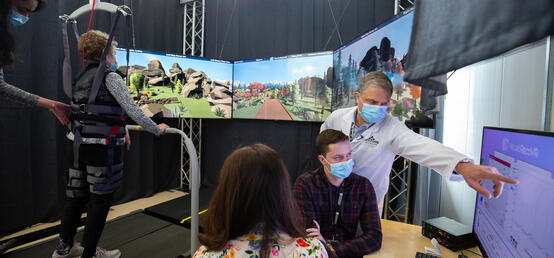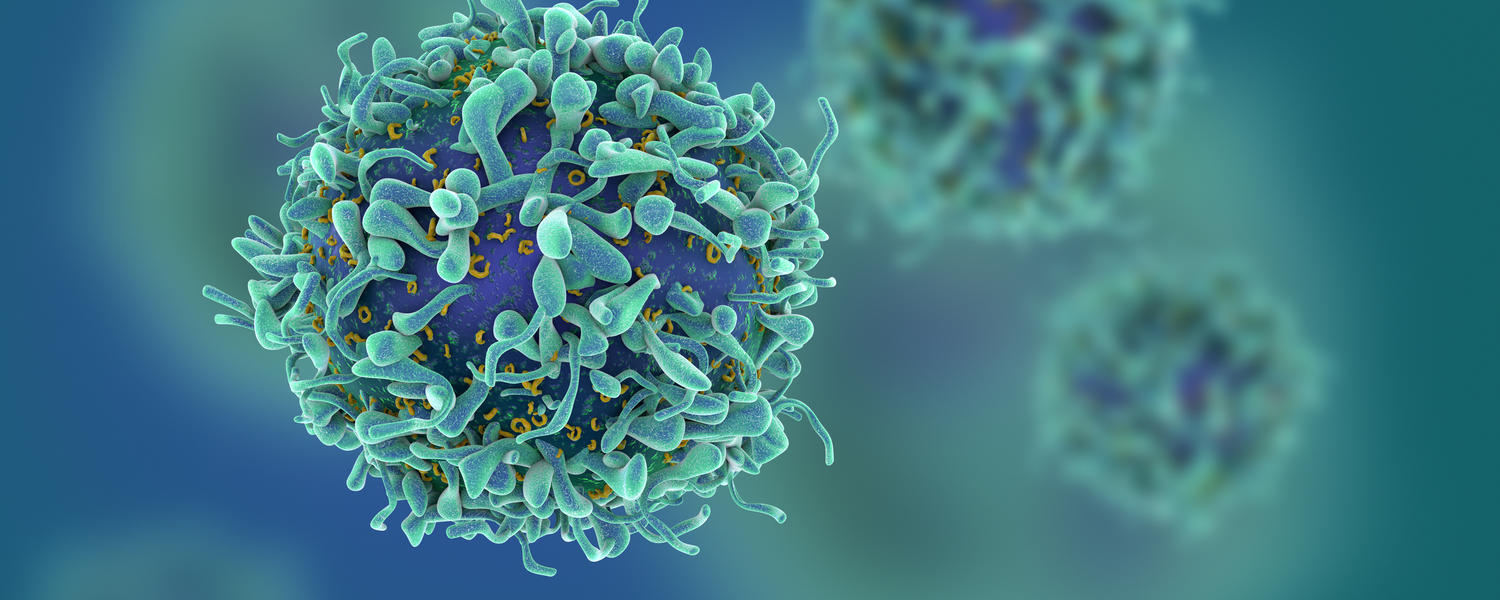
Leading the way in microbiome research
The International Microbiome Centre at the University of Calgary is a translational research centre, designed to investigate the microbiome of humans, plants, animals and the physical environment. Together, world class microbiome researchers, advanced technologies and relationship building will spark groundbreaking discoveries that harness the healing power of the microbiome.
The International Microbiome Centre is made up of
research platforms that aim to:
Solving these challenges can have major, lasting change.
For the economy, the environment and world health.
Featured Platforms
In the news
Jayna Holroyd-Leduc re-appointed department head, Department of Medicine
Appointment effective July 1, 2025
UCalgary philanthropists Geoff Cumming, Brian and Stephanie Felesky named to Alberta Order of Excellence
The three will be officially inducted at an October ceremony in Edmonton
A $9.5-million gift from the Canadian Cancer Society is fuelling groundbreaking research for rare and hard-to-treat cancers at UCalgary
Shonalie Biafore, whose daughter passed away, is inspired by the Arnie Charbonneau Cancer Institute’s work to help other people living with cancer
Cancer care forever changed in southern Alberta after OWN.CANCER fundraising campaign exceeds $250 million goal
More than 17,000 donors helped support world-leading research, innovation and care at the new Arthur J.E. Child Comprehensive Cancer Centre in Calgary
Celebrating 10 years and beyond: Geoff Cumming reflects on his historic $100M gift to the Cumming School of Medicine a decade later
How Cumming’s investment strengthened UCalgary’s position as a global leader in health research
Celebrating 10 years and beyond at the Cumming School of Medicine
Faculty and institutes mark 10 years since Geoff Cumming’s historic $100 million gift, highlighting research success and healthier lives sparked by philanthropy
Explore all the platforms
The 10,000-square-foot germ-free facility provides researchers with mice born under germ-free conditions. And it’s the only facility that can image every organ of an animal in real time under germ free conditions. Researchers introduce selected bacteria to the mice and study their effects on the microbiome and it could be the key to understanding how to prevent and treat chronic illness.
Our imaging platform is creating new and transformational opportunities for discovery. Real-time in vivo and in vitro imaging of the microbiome allows us to:
- study it under changing environments
- explain host-microbiome interaction
- understand how the microbiome maintains health and causes diseases
The phenomics platform provides expertise in non-invasive whole body imaging to assess drug mechanism, distribution and impact in models of chronic disease.
Bioinformatics is where computer science and molecular biology meet. Using it to analyze and interpret biological data helps us:
- understand the genetic basis of diseases
- identify microbial species and their properties
- find differences between populations
This platform supports researchers by supplying innovative information on metabolite profiles related to the microbiome. Research will focus on identifying the genes, proteins, and metabolites associated with diseases and understanding their genetic basis. Together, these technologies will allow us to identify new targets in diagnosis and drug development.
Mass cytometry is used to identify new biomarkers, and identify cell types in normal and disease states. It allows us to fingerprint a single cell, which is important for research in immunology, hematology, oncology, and other fields.
There are several applications, including quantitative and qualitative deep profiling of immune cells. It’s also expected to have a major impact on drug development and disease diagnosis.
The IMC biobanking facility provides access to specialized technology services and training for microbiome biobanking of bacteria, patient samples, and strains from chronic disease sufferers.
Data obtained from biobanking samples supports many types of critical research, including genomics and personalized medicine.
The International Microbiome Centre (IMC) Advanced Imaging and Biomarker Discovery platform is a state-of-the-art program that provides access to and expertise in advanced technologies (MIBI) for visualizing immune cells and microbes using high parameter analysis and spatial positioning within tissues.
Projects
The International Microbiome Centre (IMC) at the University of Calgary is a translational research centre, designed to investigate the microbiome of plants, animals and the physical environment.

What is the connection between the microbiome and your diet?

Ecology of the human early life microbiome

The early-life microbiome in asthma development

It's not just bacteria, is it?

Alberta BLOOM study: Begin a life of health with observation and optimization of the microbiome
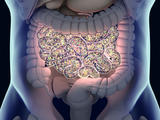
The immune system and the microbiome
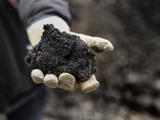
Exploring oil sands could be the key to developing new bug-killing drugs

Balancing the body's bacteria

Changing the course of autism in newly diagnosed cases by FMT.
A study of the possible microbial links with neurodevelopmental disorders.
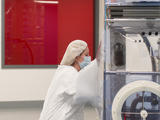
What is the microbiome's role in immunity and disease?
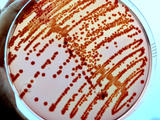
How does the interaction
between intestinal microbiota and the immune system affect health and diseases?









